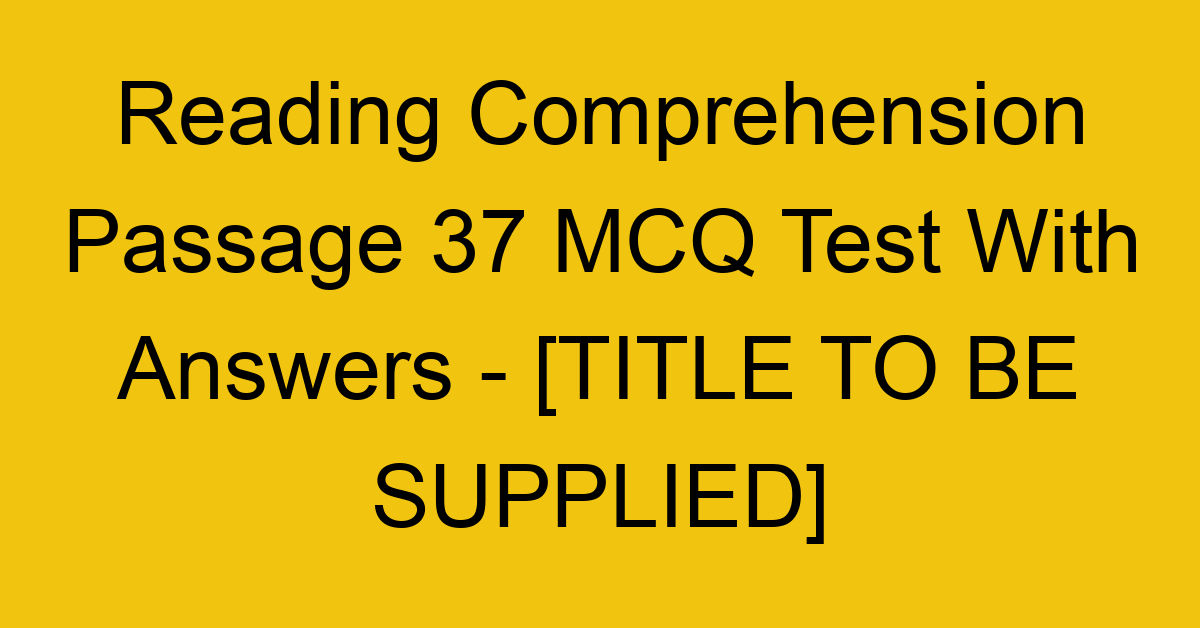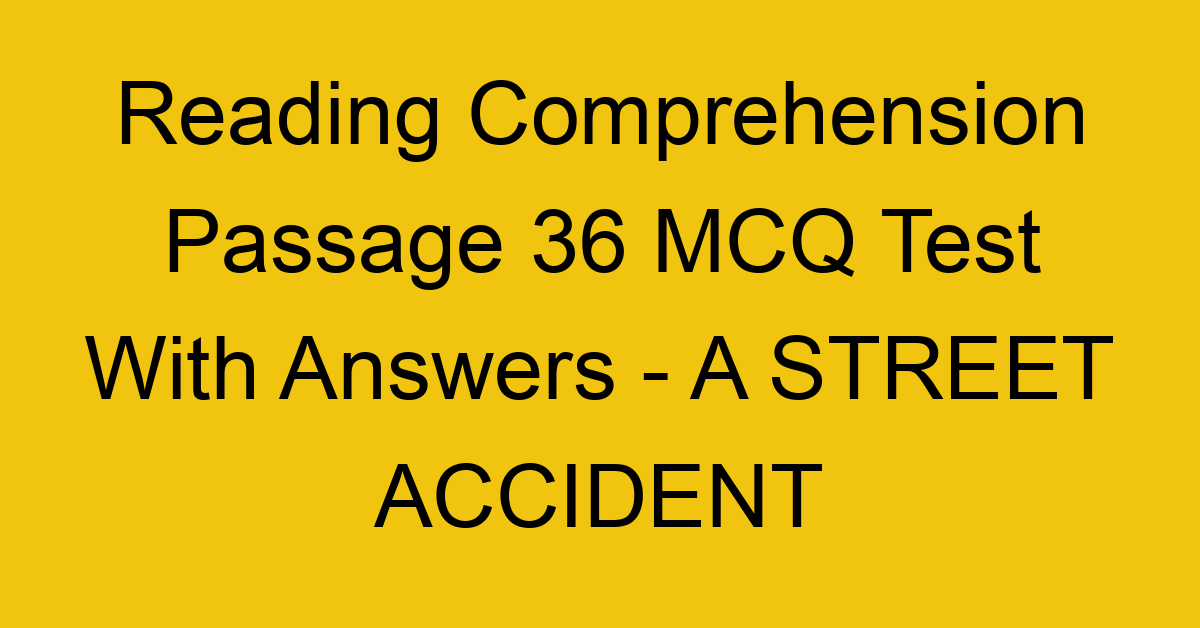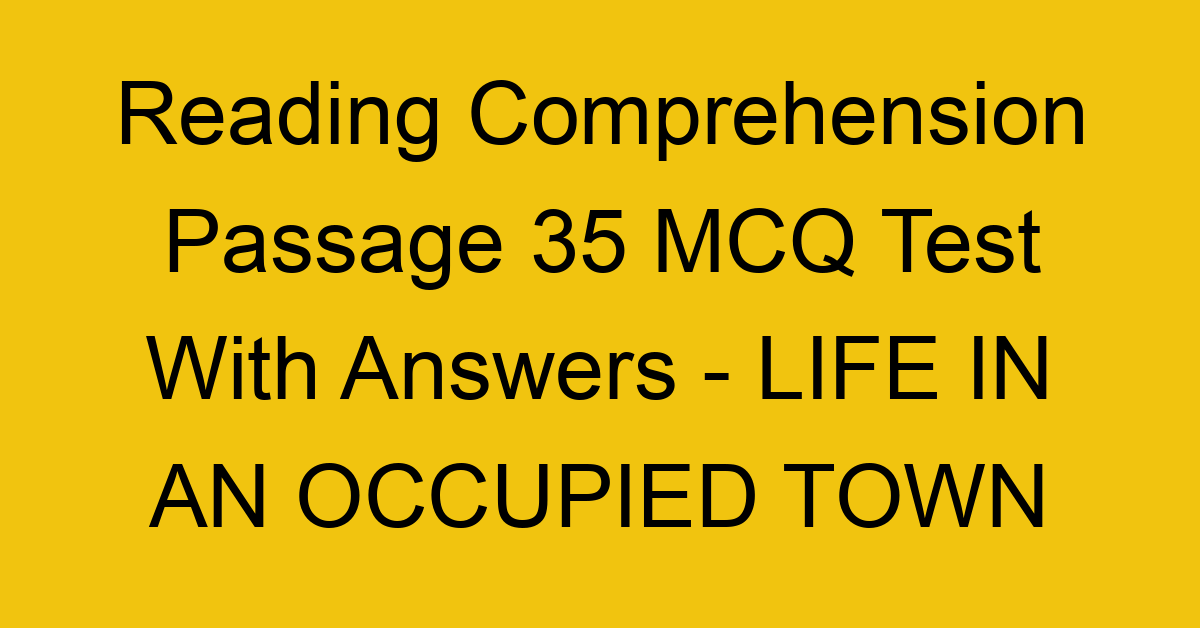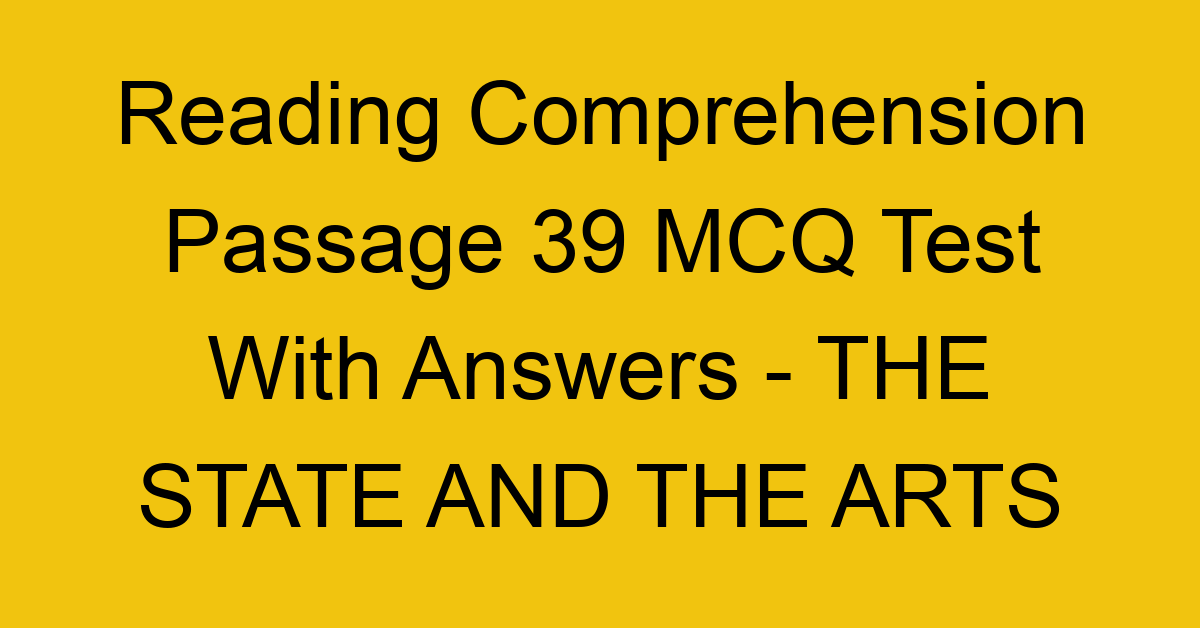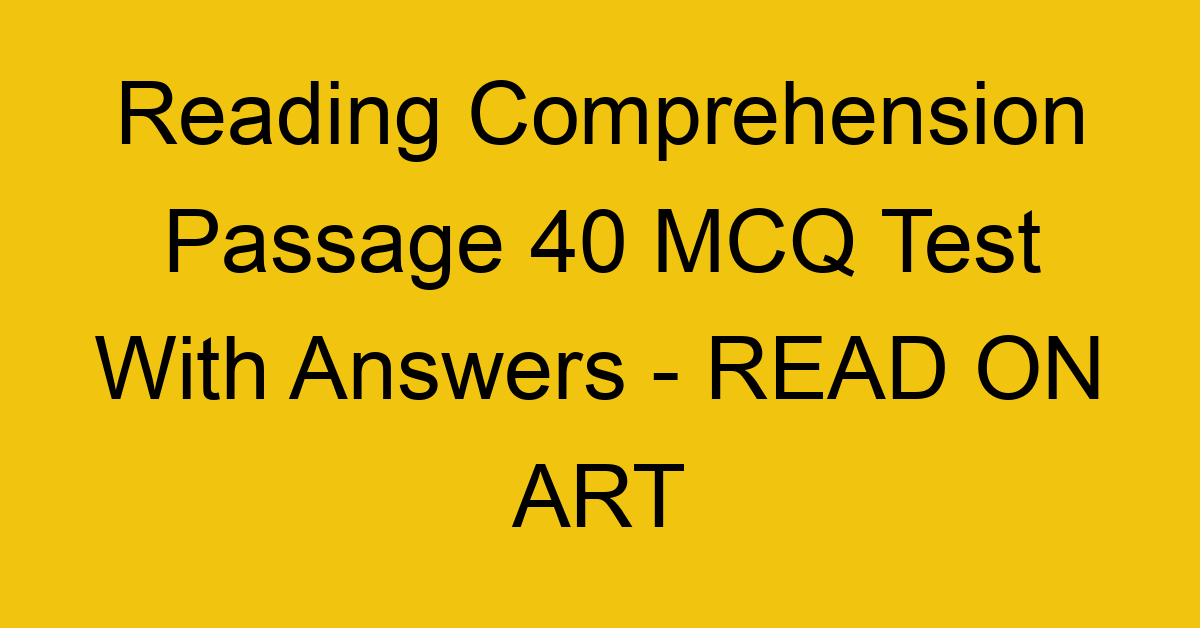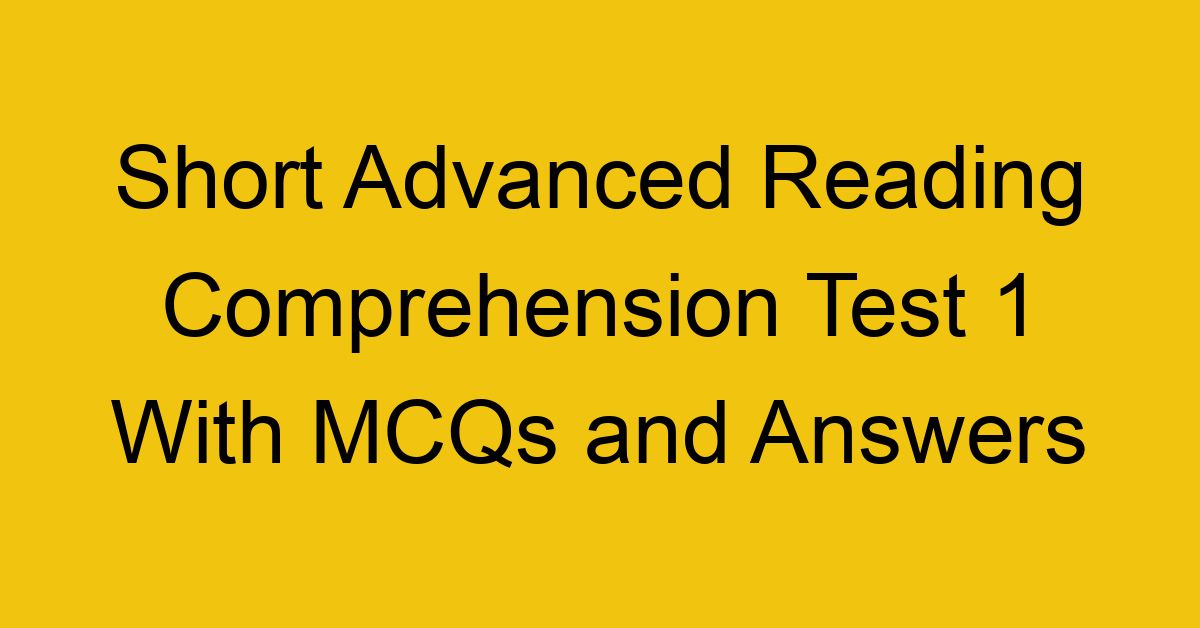Questions must be answered on the basis of what is stated or implied in the passage itself, and not on the basis of what you may know independently about the subject matter.
Reading Comprehension Passage 38 MCQ Test
Question 1 |
(Please note: The following questions are related to a specific reading passage, which is available solely before the first question. Remember, it may be helpful to refer back to the reading text while answering the questions to ensure accuracy.)
ON WAR PROPAGANDA
The Germans' insensitivity to the psychological reactions of other nations, including the neutrals, almost certainly did more harm to their cause than any amount of Allied propaganda, although even after the War they continued to insist on its effectiveness in causing them to lose the struggle. It was used as a scapegoat to maintain in effect that their army had not been beaten in the field but had been let down by those behind the lines who had allowed their minds to be poisoned by British propaganda. Historically this is wholly untrue; for towards the finale of the war civilian morale in Germany was almost certainly higher than that of the army, lulled as the people were by their home propaganda with its constant promises of an early victory and its increasingly unjustified optimism. German propaganda as a whole was indeed ineffectual, being carried out largely by army officers of the old school who did not really believe in its value. It, too, in spite of later denials, had its atrocity stories, but its worst failing was that it allowed itself to be constantly on the defensive, expending most of its energies in announcing that Allied propaganda was both untrue and unfair and making laboured attempts to correct what were regarded as false impressions. This broke one of the first rules of the propagandist, which is that his message must always be positive, never negative. The attempt to correct "unfair" propaganda merely has the effect of bringing the original statements back to the minds of its recipients and spreading them amongst those who might otherwise never have heard them. The worse a country's situation is, the stronger reason for presenting a positive suggestion of confidence and indifference to danger.
J.A.C. BROWN, Techniques Of Persuasion: From Propaganda To Brain-Washing.
The Germans
A | were insensitive to any amount of Allied propaganda. |
B | gave neutral reactions to other nations. |
C | insisted on the ineffectiveness of propaganda war. |
D | proved themselves to be masters of the art of propaganda. |
E | did not quite appreciate how other nations reacted psychologically. |
Question 2 |
In Germany,
A | the civilians were poisoned by British propaganda. |
B | a space goat was effectively maintained. |
C | the home propaganda was used to keep the people ignorant of the real situation. |
D | the army promised an early victory with an increasingly unjustified optimism. |
E | the army had not been beaten in the field. |
Question 3 |
German propaganda abroad was unsuccessful because
A | it was carried out by civilian experts. |
B | of the fact that it denied its own atrocity stories. |
C | Allied propaganda was both untrue and unfair. |
D | it was on the defensive, whereas good propaganda should always be on the offensive. |
E | it was regarded by the people as false impressions. |
Question 4 |
One of the first rules of the propagandist is that he must
A | never endeavour to rectify "unjustifiable" enemy propaganda. |
B | constantly talk about how unfair the enemy propaganda is. |
C | allow himself to be constantly on the defensive. |
D | cooperate with the army officers of the old school. |
E | firmly believe in the atrocity stories that he himself makes up. |
Question 5 |
The attempt to correct "unfair" propaganda
A | does in fact help the objectives of the enemy propaganda. |
B | presents a positive suggestion of confidence. |
C | has got to be truly original in what it says. |
D | makes the country's situation much stronger. |
E | pacifies the people into an ever-increasing optimism. |
⇦ |
List |
⇨ |
| 1 | 2 | 3 | 4 | 5 |
| End |

